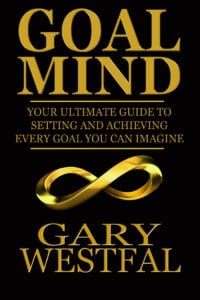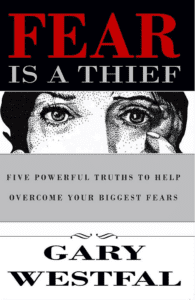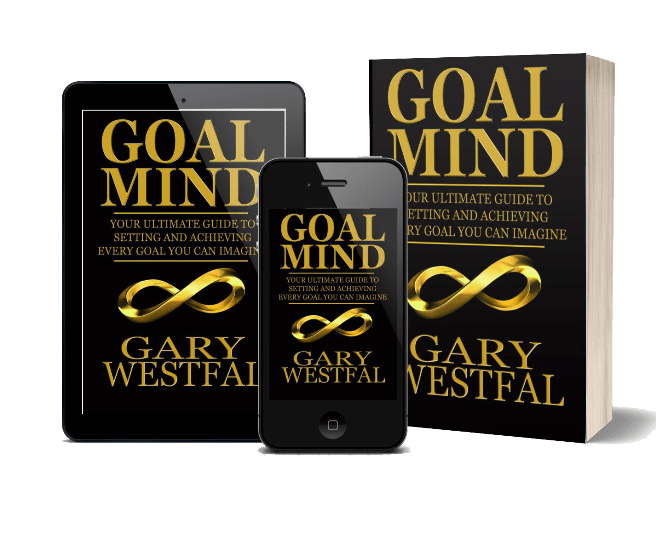
1. I never succeed at anything.
2. It’s just the way I was raised.
3. I’m not happy because life isn’t fair.
4. I don’t ever make the right decisions in life.
5. I’m damaged goods; I’ve been through so much.
6. I’m too old. The course of my life is destined to be what it is.
7. I don’t have the talent or skills. Even if I try, I’ll probably fail.
8. I’m not smart (talented, brave, handsome, pretty, or worthy…)
9. It takes money to make money. And I don’t have that kind of money.
10. I can’t change because it seems I always find a way to mess things up.
You don’t have to buy into the limiting stories you’ve been telling yourself. Thoughts and statements like the ones above may seem like facts, but they are actually just circumstances that have developed to support the narrative of your self-professed story. When you change the narrative of your story, amazing things begin to happen — you begin to change the very course of your life. And the circumstances have no choice but to follow the new narrative.
As your circumstances change, so too does your perspective. Your perspective drives your thoughts, beliefs, and actions. When your perspective changes, you develop a fresh new outlook that opens the door for all kinds of goodness to flow into your life.
You have the power to break the cycle by releasing your stories whenever you decide you’re tired of believing them. You have the power to rewrite them at will. All you have to do is draw a line in the sand and start writing the narrative you desire and know you deserve. Now that’s “powerful”!
Let’s devote our focus to just a couple of these limiting beliefs. As we do, I think you’ll begin to see two things emerge: 1. You are the author of your story and, 2. you have the power to edit that story any time you wish.
1. “I never succeed at anything.”
This statement reflects a closed mind that has accepted defeat. Success is defined as the slow and steady progress toward a worthy goal. It is not defined as the surface trappings of life we typically see in social media every day. Take a good look at all areas of your life and acknowledge the progress you’re making. It’s there if you look for it. When you find it, you’ll see you are indeed succeeding at something. Claim that success and own it! Then, simply change the narrative of your story from “I never…” to “I am…”
2. “It’s just the way I was raised.”
You are an individual capable of writing your own story. It’s true your family handbook was a strong influence in creating your fundamental beliefs, but there comes a time when you must carefully select what you wish to adopt from that influential source to develop your own story. Don’t ever think you must use this limiting statement to justify who you truly are. Listen closely and you’ll hear your own calling. Use what you hear as a brand-new foundation to write your own empowering story.
3. “I’m not happy because life isn’t fair.”
As an author, I can tell you that the manner in which you frame a sentence or statement matters. Consider the above sentence in its current state. The sentiment is one of discontent and defeat. With a simple rearrangement of the words, we can change the entire dynamic to one that reflects the real truth. “Life isn’t fair, so I’m not happy.” Once you see the truth of the matter, you gain power over it and can actually do something about it. Guess what? Life isn’t fair. So, now that you know the truth, you gain insight into knowing your happiness should never be tied to the fact that life isn’t fair.
4. “I don’t ever make the right decisions in life.”
This is a statement of absolution that is likely more reflective of a lack of self-confidence than a statement of fact. In other words, it’s an excuse and an exaggeration. Decision-making is part of our everyday lives. Every decision has consequences. Make the wrong dietary choice and you could gain too much weight, get sick, or even worse. Drive your car through a red traffic signal and it could have catastrophic consequences. If this kind of statement is part of your narrative, I’d point out that you’re likely not focusing on the right decisions you are making. Build your new narrative on the good choices you’re making and more of the same will follow.
5. “I’m damaged goods. I’ve been through so much.”
No one on this earth knows what you’ve been through in life quite like you. Your circumstances are unique and have no doubt shaped your beliefs and values. Therein lies the limit of your situation, however. To be clear, you are not alone in having “been through so much” in your life. The difference between those who lean on this belief and those who don’t is quite amazing actually. There are two mindsets at play here. While one side embraces difficult circumstances as a Scarlett Letter they must bear because of the past, the other side refuses to accept the narrative in spite of past circumstances. You have a choice. You always have a choice. Just because someone rejected you or something (or a lot of things) went wrong in your life, does not mean you must edit your story to a self-deprecating narrative. Trust me, there is much more goodness in store for you if you’ll just believe that you deserve it.
Interested in taking a deeper look at the next five on the list? Let me know by leaving a comment or reaching out to me directly.








